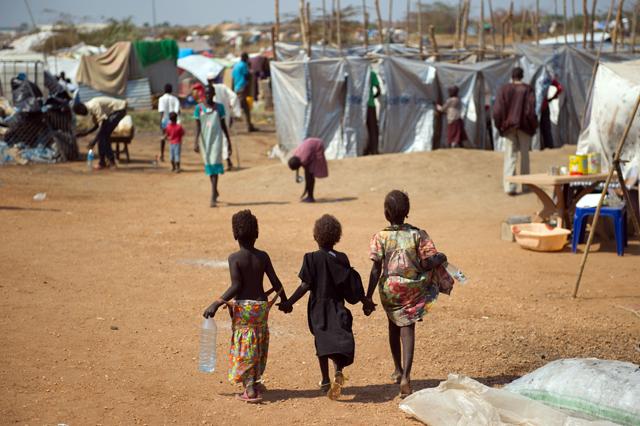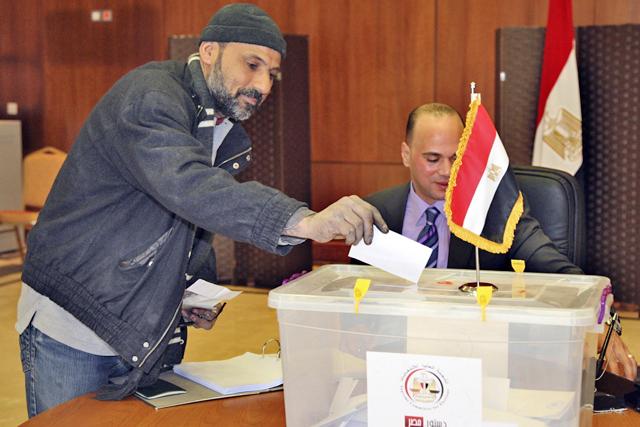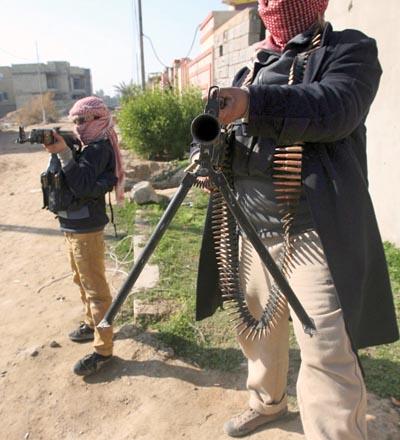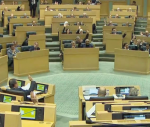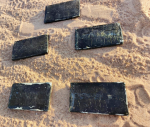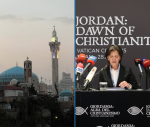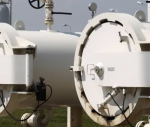WASHINGTON –– Mediators seeking to end fierce fighting in South Sudan have made “progress” in negotiating a ceasefire, a US official said Wednesday, adding differences still remained over releasing political prisoners.
Representatives from an East African bloc, known as IGAD, had Wednesday travelled to Juba to visit 11 allies of sacked vice president Riek Machar who have been detained by South Sudan President Salva Kiir.
The negotiators and western diplomats, led by the United States, have been pressuring Kiir’s government to free the men to boost the peace talks being held in Ethiopia.
“We believe that they need to be present at the IGAD talks for discussions on political issues in order for them to be productive,” State Department spokeswoman Jen Psaki said.
The mediators had also spoken with Kiir and presented the parties with “a draft proposal on a cessation of hostilities and on the release of political detainees”.
“The discussions have made progress on a proposed cessation of hostilities,” Psaki told reporters.
“Disagreements remain on the issue of the release of political detainees. Obviously, the discussions are continuing, but that’s where things stand at this moment.”
The unrest erupted on December 15 as a clash between rival army units loyal to Kiir and Machar, and has escalated into war between government troops and a loose alliance of ethnic militia forces and mutinous army commanders.
Thousands of people have already been killed, aid workers say, while more than 200,000 have fled their homes.
A rebel spokesman indicated that there would be no imminent truce in the country unless the government freed the group of alleged coup plotters.
But IGAD said in a statement on returning to Juba that the prisoners had urged that any ceasefire should not be held up by arguments over their release.
They “stated that their status as detainees should not be an impediment to reaching an agreement on cessation of hostilities”, IGAD said.
Washington, which was the prime backer of South Sudan’s 2011 independence from Sudan, has also called for the fighting to stop.
“We do not believe the release of detainees should be a precondition for a halt to the fighting. Both sides need to drop preconditions for the talks and agree to an immediate cessation of hostilities,” spokesman for the Africa bureau Will Stevens told AFP.

